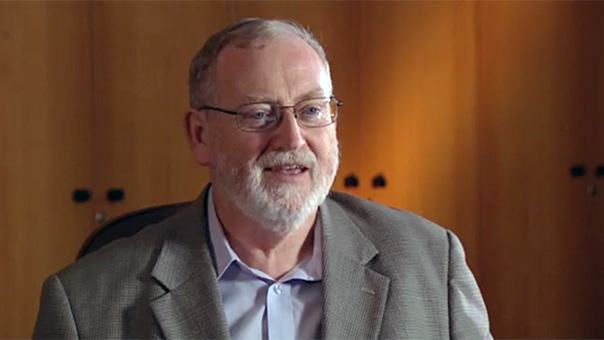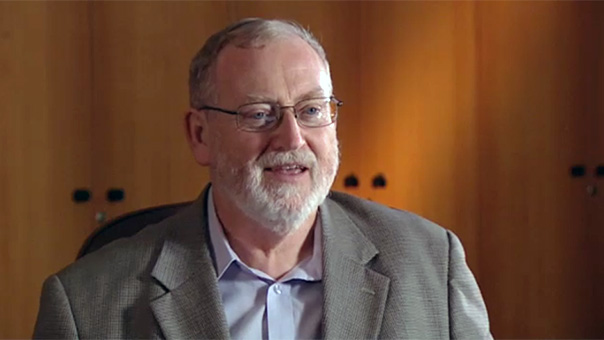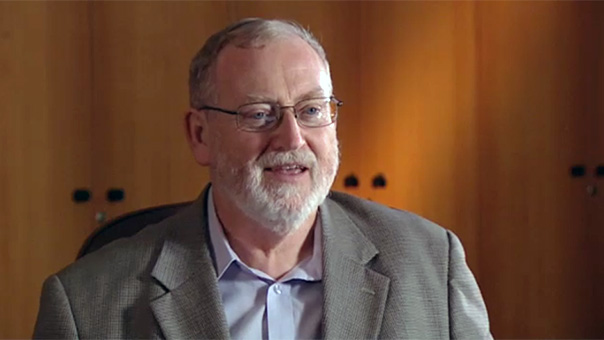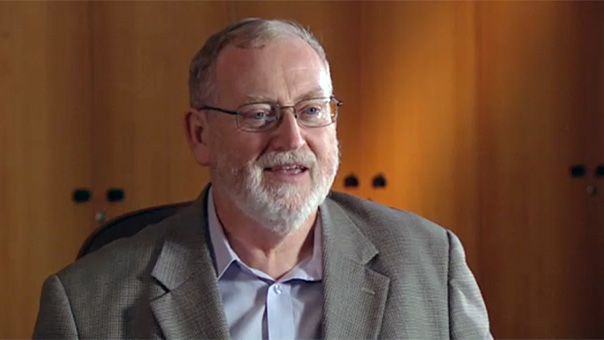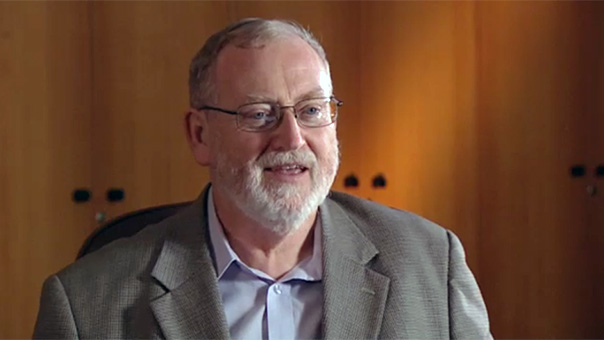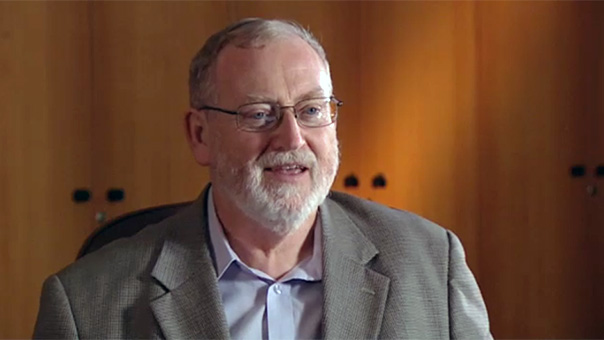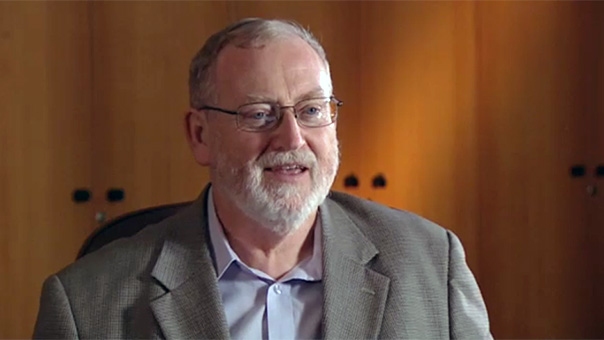4. The changing economic landscape
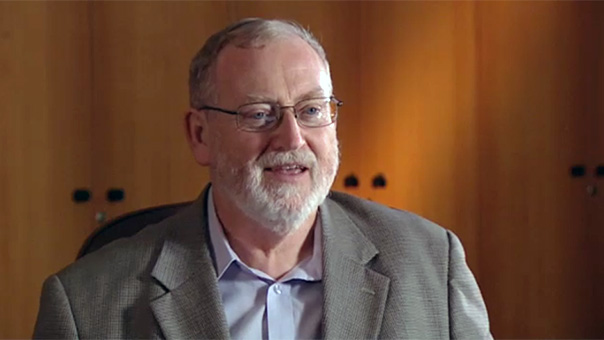
Viewing guide
Read about the numerous factors contributing to the changing Australian economic landscape:
-
the increasing use and improvements in efficiency and technology such as the Sydney Desalination Plant
Listen to and take notes on:
-
technological advancements in business
-
his viewpoints on higher productivity.
-
How are technologies such as the internet changing the economic landscape?
-
What are the costs of higher productivity that are sometimes forgotten?
Concluding task
Select one the following sentences and write a research report that includes graphs and statistics to support your statements:
-
Analyse the causes of unemployment and their effects on the Australian economy
-
Analyse the changing sources of economic growth and their effects on the Australian economy
-
Explain the causes of Australia's fluctuating economic growth rates and the consequences of strong economic growth on the Australian economy
-
Explain the causes of inflation and the impacts of high inflation on the Australian economy
-
Examine the economic issues associated with the goal of ecologically sustainable development
-
Explain the causes of economic growth and their impact on achieving goals of internal and external stability.
Completing this activity gives students the opportunity to achieve the following preliminary outcomes:
-
demonstrates understanding of economic terms, concepts and relationships (P1)
-
explains the economic role of individuals, firms and government in an economy (P2)
-
describes, explains and evaluates the role and operation of markets (P3)
-
analyses the relationship between individuals, firms, institutions and government in the Australian economy (P5)
-
explains the role of government in the Australian economy (P6)
-
identifies the nature and causes of economic problems and issues for individuals, firms and governments (P7)
-
applies appropriate terminology, concepts and theories in economic contexts (P8)
-
selects and organises information from a variety of sources for relevance and reliability (P9)
John Pierce: In your book, 'Gittinomics', you write about, I suppose many of my favourite topics, at least topics I've had to wrestle with: the ageing of the population, taxation, the income/leisure trade-offs. And as you point out in various parts of the book, at least part of the answer to a lot of economic problems is to grow the economy faster, particularly through higher productivity growth. Where does that higher productivity growth come from and how do we get more of it?
Ross Gittins: Well, one of the ways we get higher productivity growth is by using more machines and by better machines but really a lot of it comes from technological advance. We just get better at doing things. Now some of that technological advance is really big, you know, the discovery of electricity, the discovery of the motor vehicle, the production line. More recently we've had the development of computers, we've had the Internet. All of those things, those big technological advances can move, can increase our productivity, our ability to produce more goods and services with the same quantity of inputs: labour and capital.
John: We normally talk about higher productivity being accompanied by a shift of resources, labour and capital as you said, from one sector of the economy to another. But perhaps sometimes that term 'resources' can hide the fact that it's really people we're talking about shifting, people shifting from not just one firm to another but from one sector of the economy to another and indeed even from one location within a country to another geographic location. What are some of the issues involved in trying to get higher productivity through shifting people around?
Ross: Well, there are, it does involve shifting people around and economists can forget that. The people never forget it and I have to say the politicians don't forget it either, because if the people dislike it too much they might vote against the politicians. They often like the results but don't always like the things that have had to happen to get those results, to make the economy to grow faster and to make us better off. I think we need to be more conscious that moving people around, often that can involve that if you move them around the same town, same big city, that doesn't matter so much. But if you separate them from their family and their friends, if you separate them from their parents, if you find that, in climbing the tree of some organisation you've ended up living in a town way away from where your parents are who are starting to get old and need their children to keep an eye on them, that can be a real problem. If you're raising kids but your parents aren't there to help with the babysitting and so on, that can be a problem. I think economists tend to forget that and I think the people who run business and departments can forget it, but people don't forget it and it's more important than we often give, the attention that we often devote to it.
